m-panel®
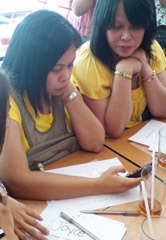
The Rapid growth of internet access, particularly via smartphones in rural areas in developing countries, presents exciting opportunities for public opinion research. Rapid Asia has partnered with some of the world’s leading access and mobile panels with access to millions of subscribers. Rapid Asia can carry out large opinion surveys, with national representation, at a very reasonable cost.
The ability to collect data through mobile phones is not new, and various applications have been developed and implemented in several countries. Rapid Asia’s mobile phone panel (m-panel®) is a unique concept developed to monitor programme KPIs with a stronger link to real outcomes and with the added benefit of increased community ownership and involvement.
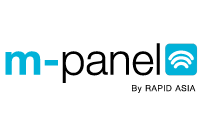
Rapid Asia’s m-panel is a proven system that offers a simple solution focusing on cost-effectiveness and stakeholder participation. The m-panel® was developed to offer a cost-effective solution based on technology with which users are already familiar. In doing so, greater synergy between technology, development objectives, and participant capacity can more easily be achieved:
Rapid Asia’s m-panel system
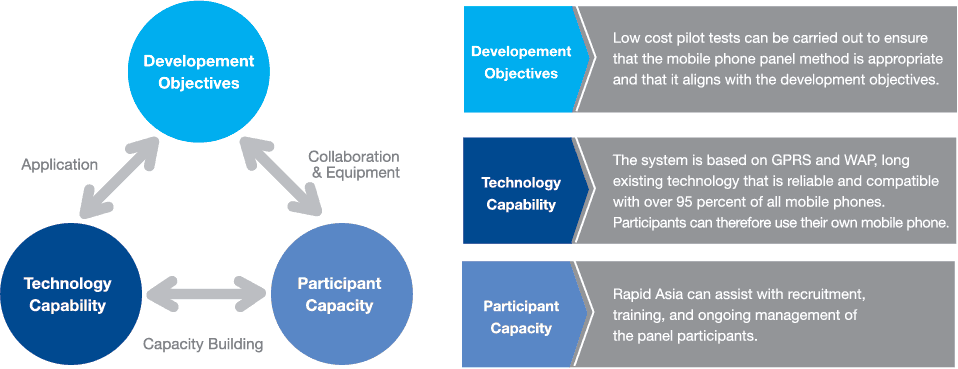
Based on your organization’s specifications and particular programme needs, Rapid Asia can help set up a mobile phone panel (m-panel) with key participants.
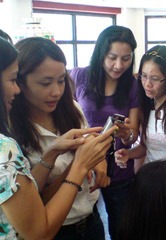 Rapid Asia can assist with recruitment of panel participants but it is often the case that the client already has implementation partners they wish to use. Once the participants have been identified, Rapid Asia will:
Rapid Asia can assist with recruitment of panel participants but it is often the case that the client already has implementation partners they wish to use. Once the participants have been identified, Rapid Asia will:
- Screen participant
- Conduct a connectivity test
- Perform training
Benefits
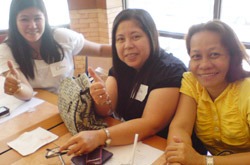 The m-panel can be fully customized and applied in any thematic area as a surveillance system or as a tool for regular programme monitoring.
The m-panel can be fully customized and applied in any thematic area as a surveillance system or as a tool for regular programme monitoring.
- Reliability: Using proven technology and data stored on a secure cloud server.
- Accuracy and Consistency: All participants are trained, and online data collection eliminates systematic errors.
- Cost Effectiveness: Apart from setting up the panel of participants, the cost of collecting the information is relatively small.
- Flexibility: The panel can be small or large and run for a short or longer period.
- Speed: Reporting can be carried out in ‘real time’ with the help of dashboards.
- Good Coverage: The system can be set up in any area with mobile phone coverage.
Case Study
A leading aid agency commissioned Rapid Asia to set up a mobile phone panel (m-panel®) in the Philippines to monitor the launch of a new H1N1 vaccine. Some 50 healthcare workers (HCWs), mostly women from different clinics in Manila, were recruited to participate in the panel.
Using their mobile phones, the HCWs reported every week on the progress of the vaccination program. In the first stage, the focus was on vaccination take-up amongst the HCWs themselves, the extent to which HCWs participated and the reason for refusal.

Key issues monitored included:
- Vaccination uptake amongst priority groups
-
The extent of vaccination refusal
- Reason for refusal
-
The clinics undertake communication activities
- Vaccine and supply stock shortages

